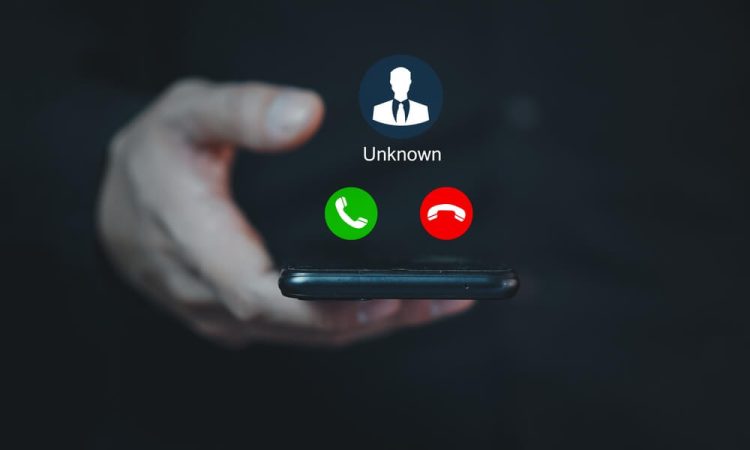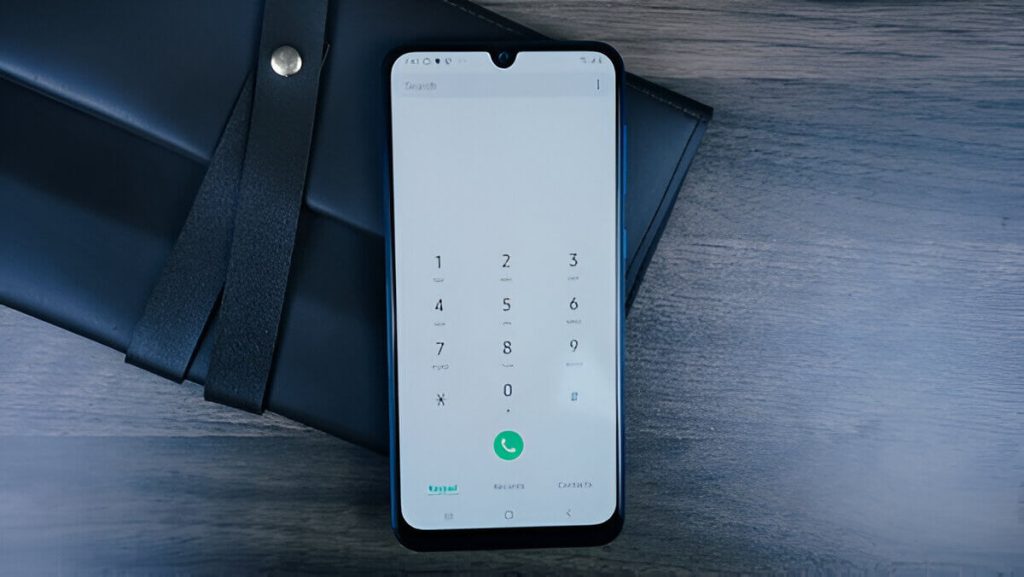
As privacy becomes more valued, the demand for making anonymous phone calls grows. This guide covers methods to hide your number on different devices and platforms, including step-by-step instructions for iPhones and Androids, third-party apps for secure communication, pros and cons of anonymous calling, common troubleshooting issues, and legal and ethical considerations.
Understanding the Basics of Private Calling
Private calling has become an essential tool for those who wish to maintain their privacy while communicating over the phone. Understanding the basics of private calling can help you make informed decisions about when and how to use it effectively.
A private call, often referred to as an anonymous call or hidden number call, allows the caller to block their caller ID from appearing on the recipient’s phone. This means that instead of displaying your phone number, the recipient will see a message like “Private Number” or “Unknown Caller.” This feature is particularly useful in situations where you want to protect your identity, such as when reaching out for business inquiries or responding to classified ads.
To initiate a private call, most mobile carriers offer simple methods like dialing a specific code before entering the recipient’s number. For example, in many regions, prefixing your call with *67 will block your caller ID for that particular call. It’s important to note that while this method is widely available, some recipients may have settings or apps that automatically reject anonymous calls.
While private calling offers valuable anonymity benefits, it’s crucial to use this feature responsibly and ethically. Misusing it can lead to distrust and potential legal implications if used inappropriately. Overall, understanding how and when to utilize private calling can enhance your communication strategy while safeguarding your personal information.
Methods to Call Someone Privately on Different Devices

Making a private call can be essential when you want to keep your phone number confidential. Whether you’re using an iPhone or an Android device, there are several methods to ensure your number stays hidden.
For iPhone users, one of the simplest ways to hide your number is by adjusting the settings directly on your device. Navigate to ‘Settings,’ select ‘Phone,’ and then tap on ‘Show My Caller ID.’ From there, you can toggle off the option to display your caller ID. This change will apply to all outgoing calls unless reversed.
If you’re using an Android device, the process is slightly different but just as straightforward. Go to ‘Settings,’ find ‘Call Settings’ or ‘Additional Settings’ depending on your model, and select ‘Caller ID.’ Here, you can choose the option to hide your number for all calls made from that device.
Another universal method applicable across most devices is dialing *67 before entering the phone number you wish to call. This technique temporarily blocks caller ID information for that particular call only and needs to be repeated each time you make a new private call.
These methods provide flexibility in maintaining privacy while making calls from both iPhones and Android devices. By understanding how these settings work, you can easily manage when and how you share your contact information with others.
Using Third-Party Apps for Anonymous Calling
In today’s digital age, privacy has become a paramount concern for many individuals, leading to the rise of third-party apps designed for anonymous calling. These applications provide users with the ability to make calls without revealing their personal phone numbers, ensuring a layer of privacy that standard calling methods cannot offer. Anonymous calling apps are particularly useful for those who wish to maintain confidentiality during business transactions or when connecting with new acquaintances.
Private call apps work by masking your real number and displaying an alternate one on the recipient’s caller ID. This feature is invaluable in scenarios where protecting your identity is crucial. Hidden number applications offer additional security features such as call encryption and temporary numbers, further enhancing user privacy.
Secure calling apps not only focus on anonymity but also ensure that the communication itself is protected from potential eavesdropping. By using these tools, users can confidently engage in conversations without fear of their information being compromised.
These third-party applications serve as essential tools for anyone looking to safeguard their personal information while communicating over the phone. Whether you’re concerned about telemarketing calls or simply value your privacy, utilizing these technologies can provide peace of mind and secure interactions in a connected world.
The Pros and Cons of Making Private Calls
In today’s digital age, the ability to make private calls offers both advantages and potential drawbacks, reflecting the ongoing balance between privacy and transparency in communication. One of the primary advantages of private calls is enhanced privacy. By masking caller identity, individuals can maintain confidentiality and protect personal information from unwanted exposure. This is particularly beneficial for professionals who need to discuss sensitive matters without revealing their identity or location.
However, making anonymous calls also carries certain risks. Without knowing who is on the other end of the line, recipients may be wary of potential scams or fraudulent activities often associated with anonymous communications. This lack of transparency can lead to mistrust and hesitation in answering such calls.
Moreover, while privacy is a significant concern for many individuals, it must be weighed against the need for transparency in communication. In some cases, anonymity can hinder accountability and lead to misunderstandings or misuse. Therefore, it’s essential to consider both sides when deciding whether to utilize private calling features.
Understanding the advantages of private calls alongside the risks associated with anonymous communications allows individuals to make informed decisions that align with their personal and professional needs while maintaining a balance between privacy and transparency.
Troubleshooting Common Issues with Private Calling Feature
When it comes to maintaining privacy during phone calls, the private calling feature is a valuable tool. However, users sometimes encounter issues where their caller ID isn’t properly blocked or hidden numbers don’t function as expected. Understanding how to troubleshoot these common problems can help ensure your calls remain private.
One frequent issue is when caller ID blocking doesn’t activate. This can often be resolved by ensuring that you’ve correctly entered the prefix code before dialing the number. For most carriers, this involves adding *67 before the number you wish to call privately. If this method fails, double-check with your service provider to confirm that your plan supports private calling features and that any necessary settings are enabled on your device.
Another common problem arises when hidden numbers do not work as intended. This might happen if there are restrictions set by either the carrier or within the phone’s settings itself. To address this, navigate to your phone’s settings menu and verify that all call privacy options are correctly configured according to your preferences. Additionally, contacting customer support for guidance specific to your device model and carrier can provide tailored solutions.
The Legal and Ethical Considerations of Calling Anonymously
When it comes to making anonymous calls, understanding the legal and ethical landscape is crucial. The legalities of hiding your caller ID can vary significantly depending on your location. In many regions, privacy laws and regulations permit individuals to conceal their phone numbers for personal privacy reasons. However, these laws are often accompanied by strict guidelines to prevent misuse, especially in cases where anonymity could facilitate harassment or other illegal activities.
On the ethical front, the implications of anonymous calls must be carefully considered. While there might be legitimate reasons for withholding a number—such as protecting one’s identity in a sensitive situation—there’s a fine line between safeguarding privacy and engaging in deceptive practices. Ethical considerations demand that individuals weigh their intentions against potential consequences, ensuring that their actions do not infringe upon others’ rights or lead to harm.
In professional settings, transparency is generally preferred over anonymity to maintain trust and accountability. Thus, while technology provides the means to call anonymously, both legal obligations and ethical standards should guide when and how this capability is used. By staying informed about relevant privacy laws and reflecting on the moral aspects of anonymity, individuals can make responsible decisions that respect both their own needs and those of others.